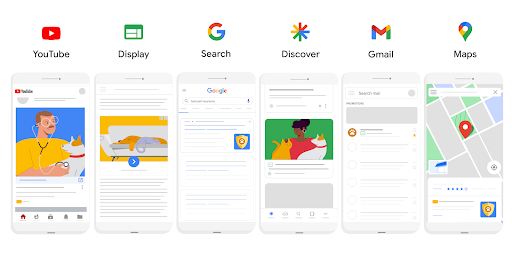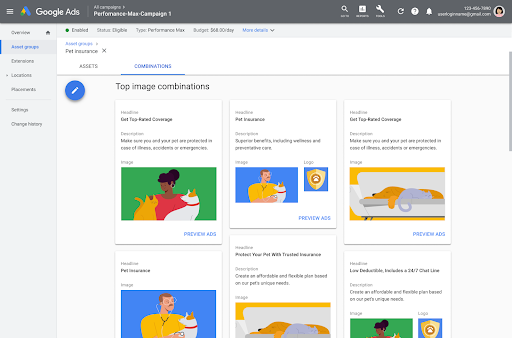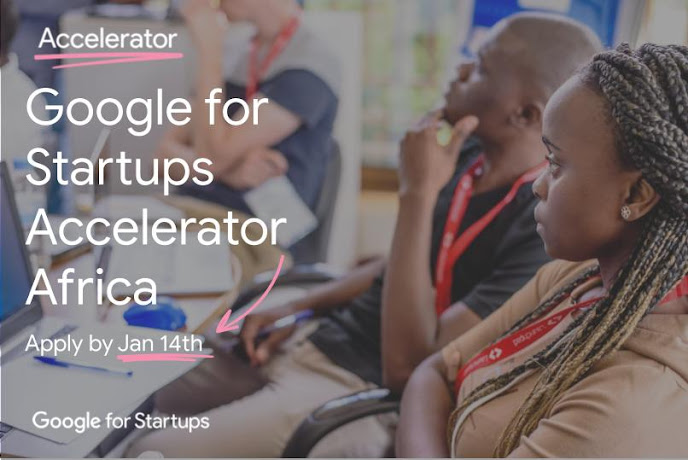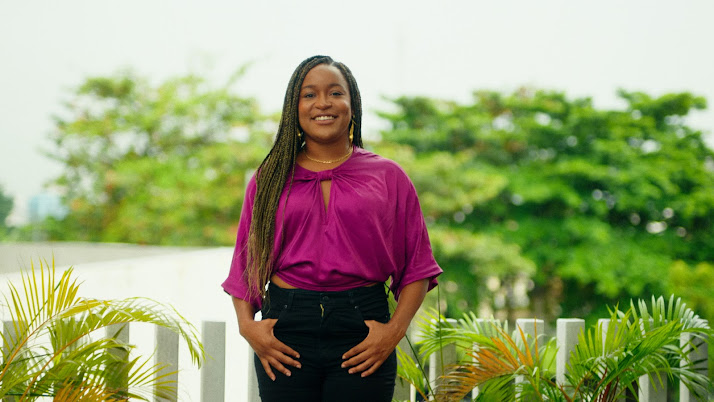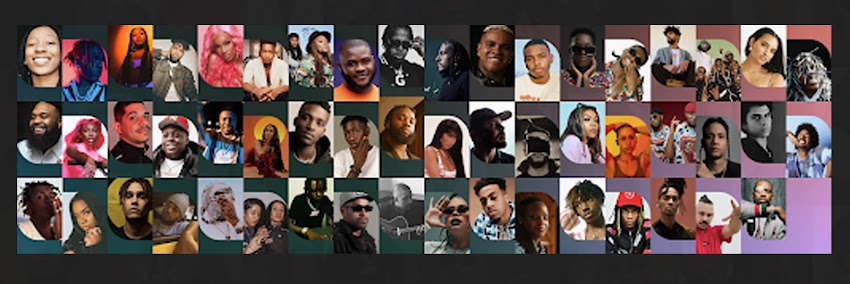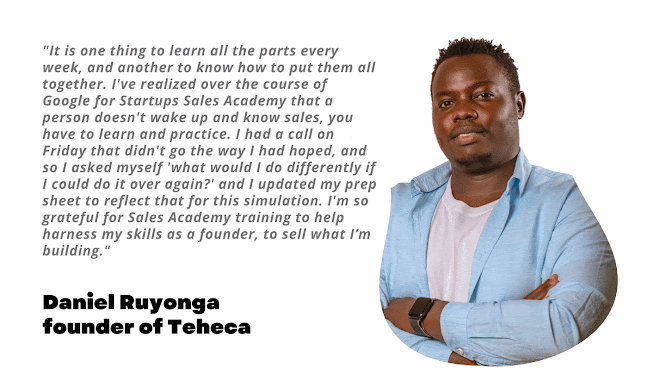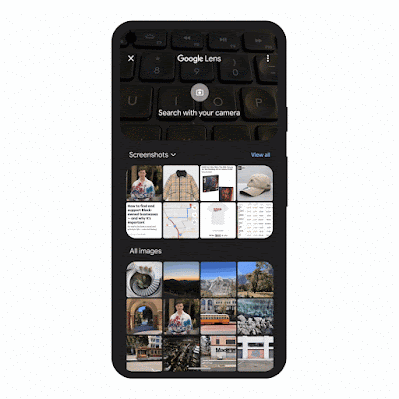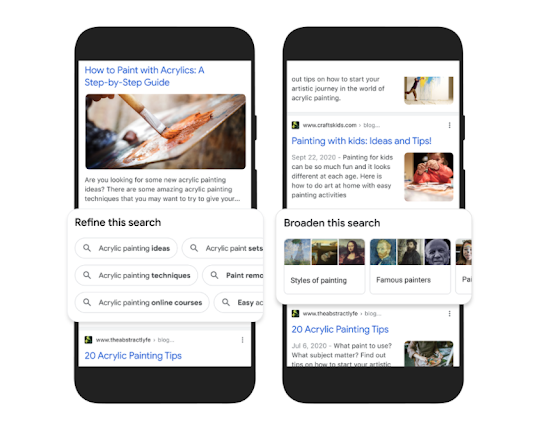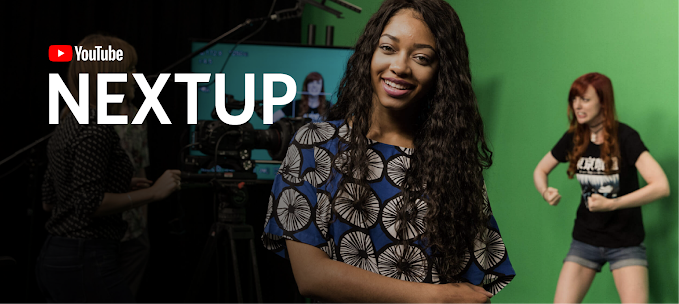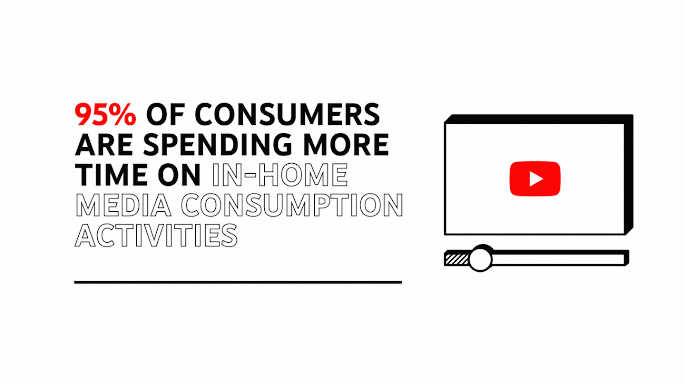Food for Mzansi, an agriculture news platform, knew that people in rural communities in South Africa often don’t get access to news that is relevant to where they live. So they set up the Sinelizwi citizen journalism project to train 62 citizens from all nine Provinces to tell the untold stories of rural communities and agriculture. National publisher Daily Maverick succeeded in increasing membership by 110% year over year during 2020 by using data from multiple sources in order to better understand, engage and retain its readership.
These are a few examples of how journalists and publishers are using technology to reach their readers. It's also an example of how Google supports journalists and publishers through training and innovation funding as they adapt to digital. As the news industry continues to evolve, publishers in South Africa are asking for more support in their transition to digital. Today, we’re announcing additional digital innovation training and programs coming to Africa in 2022. We are excited to announce the launch of Digital Growth Programme, a training programme for news publishers looking to grow their digital skills and transform their business online programme in South Africa in May 2022. This will be launched in partnership with FT Strategies (the consulting arm of the Financial Times). Publishers can learn more about the program and apply here.
These are a few examples of how journalists and publishers are using technology to reach their readers. It's also an example of how Google supports journalists and publishers through training and innovation funding as they adapt to digital. As the news industry continues to evolve, publishers in South Africa are asking for more support in their transition to digital. Today, we’re announcing additional digital innovation training and programs coming to Africa in 2022. We are excited to announce the launch of Digital Growth Programme, a training programme for news publishers looking to grow their digital skills and transform their business online programme in South Africa in May 2022. This will be launched in partnership with FT Strategies (the consulting arm of the Financial Times). Publishers can learn more about the program and apply here.
Training and funding for a sustainable news ecosystem
The news landscape in Africa is changing fast. In five years, the number of people accessing digital platforms for news content has almost doubled, opening up access to news and supporting a new generation of independent and digital media. Google uses tools like Google News to connect readers with news organisations of all sizes. During the pandemic, sales of physical newspapers in South Africa were reduced due to lockdown and advertising suddenly slowed. Google provided immediate financial relief to 25 news publishers in South Africa with a combined $188,000 from our Journalism Emergency Relief Fund.
The Google News Lab has provided training on a range of digital tools to more than 17 thousand journalists and journalism students across Africa - with 1,200 in South Africa alone. Journalists who are interested in signing up for training from the Google News Lab can learn more here or contact [email protected].
As part of the Google News Initiative Innovation Challenge, Google provided $260,000 (ZAR 4,459,000) to three South African projects, the aforementioned Food for Mzansi, and Daily Maverick, and online only publisher Scrolla.Africa. Scrolla.Africa is reducing the data cost for readers with a project called Scrolla DataLite to provide a clean, easy-to-navigate platform with content in English and Zulu.
The Google News Lab has provided training on a range of digital tools to more than 17 thousand journalists and journalism students across Africa - with 1,200 in South Africa alone. Journalists who are interested in signing up for training from the Google News Lab can learn more here or contact [email protected].
As part of the Google News Initiative Innovation Challenge, Google provided $260,000 (ZAR 4,459,000) to three South African projects, the aforementioned Food for Mzansi, and Daily Maverick, and online only publisher Scrolla.Africa. Scrolla.Africa is reducing the data cost for readers with a project called Scrolla DataLite to provide a clean, easy-to-navigate platform with content in English and Zulu.
Making it easier for publishers to make money through digital advertising
Our ad technology helps publishers of all sizes make money through digital advertising. These tools help publishers sell more ad space than ever before, to advertisers around the world, many of which they wouldn’t have access to without this technology. And publishers that choose to use our advertising services such as Google AdSense, AdMob and Ad Manager retain the vast majority of the revenue. Through the Google News Initiative, we also provide free resources and workshops on advertising revenue.
Supporting the future of news
Supporting the future of news
For two decades, journalism and news has been and continues to be important to Google. We work side-by-side with publishers around the world to build a more sustainable news ecosystem. We recently held the first GNI Africa event to bring together publishers, journalists and experts, and announced a new training partnership with UNESCO to help support over 100 journalism schools across the continent.
We look forward to continuing these discussions with journalists, publishers and policymakers to grow and strengthen journalism in South Africa. Through the Google News Initiative, Digital Growth Programme, NewsLab training program, and products focused on advertising and publishing, we will work together to support the industry’s digital innovation.
Posted by Abongile Mashele, Government Affairs and Public Policy Senior Manager, Southern Africa.
We look forward to continuing these discussions with journalists, publishers and policymakers to grow and strengthen journalism in South Africa. Through the Google News Initiative, Digital Growth Programme, NewsLab training program, and products focused on advertising and publishing, we will work together to support the industry’s digital innovation.
Posted by Abongile Mashele, Government Affairs and Public Policy Senior Manager, Southern Africa.
====
Soutenir le journalisme en Afrique
Les éditeurs de la plateforme d’information sur l’agriculture Food for Mzansi savaient que les habitants des communautés rurales d’Afrique du Sud n’avaient que rarement accès à des contenus pertinents pour leur région. Ils ont donc mis en place le projet de journalisme citoyen Sinelizwi pour former 62 citoyens des neuf provinces afin qu’ils relatent les histoires des communautés rurales et de l’agriculture dont on ne parle jamais. Au cours de l’année 2020, le quotidien national Daily Maverick a réussi à augmenter le nombre d’abonnés de 110 % par rapport à l’année précédente, en utilisant des données provenant de sources multiples afin de mieux comprendre son lectorat, de le mobiliser et de le fidéliser.
Ce ne sont là que quelques exemples de la manière dont les journalistes et les éditeurs utilisent la technologie pour atteindre leurs lecteurs. Cela illustre également la façon dont Google aident les journalistes et les éditeurs grâce à des formations et au financement de l’innovation pour les accompagner dans le passage au numérique. Alors que le secteur de l’information continue d’évoluer, les éditeurs d’Afrique du Sud demandent un soutien accru pour assurer cette transition. Aujourd’hui, nous sommes heureux d’annoncer la mise en place en 2022 de nouvelles formations et de nouveaux programmes en matière d’innovation numérique pour l’Afrique. Il s’agit du lancement du Digital Growth Programme, un programme de formation destiné aux éditeurs de presse qui souhaitent développer leurs compétences numériques et transformer leur activité en ligne. Le programme aura lieu en Afrique du Sud en mai 2022. Cet événement se déroulera en partenariat avec FT Strategies (la branche conseil du Financial Times). Les éditeurs peuvent en savoir plus sur le programme et s’inscrire en cliquant ici.
Formation et financement pour un écosystème d’information durable
En Afrique, le paysage de l’information évolue rapidement. En cinq ans, le nombre de personnes qui consultent les plateformes numériques pour accéder à des contenus d’information a presque doublé. Cette progression exceptionnelle ouvre l’accès à l’information et permet d’accompagner une nouvelle génération de médias indépendants et numériques. Google utilise des outils comme Google News pour mettre les lecteurs en contact avec des organes de presse de toutes tailles. Pendant la pandémie, les ventes de journaux papier en Afrique du Sud ont enregistré une baisse en raison du confinement et les recettes publicitaires ont brusquement chuté. Google a apporté une aide financière immédiate à 25 éditeurs de presse basés en Afrique du Sud, d’un montant total de 188 000 dollars provenant de notre Fonds de secours d’urgence pour le journalisme.
L’équipe du Google News Lab a proposé une formation sur une série d’outils numériques à plus de 17 000 journalistes et étudiants en journalisme à travers l’Afrique, dont 1200 rien qu’en Afrique du Sud. Les journalistes qui souhaitent s’inscrire à une formation assurée par le Google News Lab peuvent obtenir plus d’informations en cliquant ici ou contacter [email protected].
Dans le cadre du Google News Initiative Innovation Challenge, Google a versé 260 000 dollars (4 459 000 ZAR) afin de financier trois projets sud-africains, à savoir Food for Mzansiet le Daily Mavericket le site de presse uniquement accessible en ligne Scrolla.Africa. Scrolla.Africa parvient à réduire le coût des données pour les lecteurs grâce à un projet appelé Scrolla DataLite, destiné à donner accès à une plateforme claire et simple d’utilisation, proposant des contenus en anglais et en zoulou.
Permettre aux éditeurs d'augmenter leurs recettes grâce à la publicité numérique
Notre technologie publicitaire aide les éditeurs de toutes tailles à augmenter leurs recettes grâce à la publicité numérique. Ces outils permettent aux éditeurs de battre des records en matière de vente d’espaces publicitaires auprès d’annonceurs du monde entier, auxquels ils n’auraient pas eu accès pour la plupart, sans cette technologie. Et les éditeurs qui choisissent d’utiliser nos services publicitaires tels que Google AdSense, AdMob et Ad Manager conservent la majeure partie des recettes. Par l’intermédiaire de Google News Initiative, nous proposons également des ressources et des ateliers gratuits sur la manière de générer des recettes publicitaires.
Soutenir l’avenir de l’information
Depuis deux décennies, le journalisme et l’information ont été et restent des domaines importants pour Google. Nous travaillons en collaboration étroite avec les éditeurs du monde entier pour construire un écosystème d’information plus durable. Nous avons récemment organisé le premier Événement GNI pour l’Afrique qui a réuni éditeurs, journalistes et experts, et nous avons annoncé un nouveau partenariat de formation avec l’UNESCO avec plus de 100 écoles de journalisme à travers le continent.
Nous sommes impatients de poursuivre ces discussions avec les journalistes, les éditeurs et les décideurs politiques afin de développer et de renforcer le journalisme en Afrique du Sud. Grâce à Google News Initiative, au Digital Growth Programme, au programme de formation du NewsLab, et aux produits axés sur la publicité et l’édition, nous travaillerons ensemble pour soutenir l’innovation numérique dans ce secteur.
Posté par : Abongile Mashele, responsable principal des affaires gouvernementales et des politiques publiques, Afrique australe.
